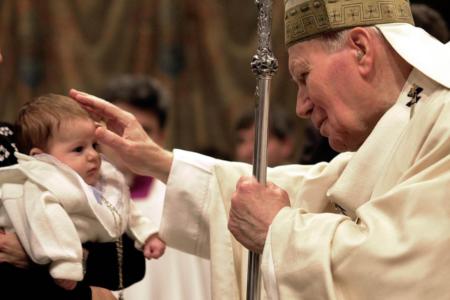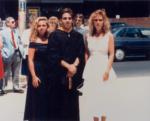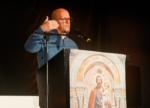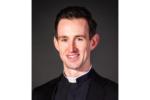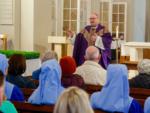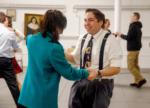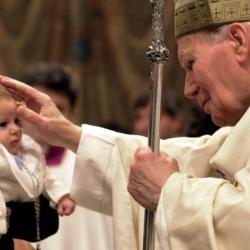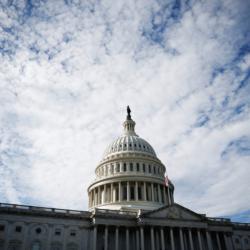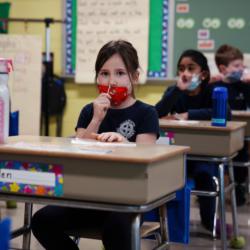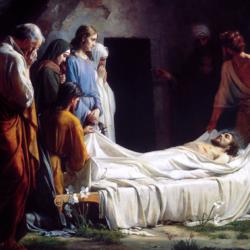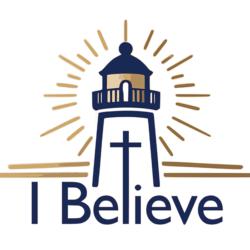Children in the custody of same-sex couples in parochial schools
- - -
Statement from Michael Pakaluk on this column:
"I wish to retract the third point in this column. I expressed what I wished to say poorly and in a way that might give offense. If it caused offense to anyone, I sincerely apologize.
If I were to write the column again, I would place more emphasis on some points raised elsewhere in the article. I stand by the substance of the rest of the article."
- - -
Pilot editor statement on June 4 column by Michael Pakaluk
The question arises of whether children in the custody of (one cannot say, "children of") same-sex couples should be admitted to Catholic parochial schools. Surely everyone's first instinct is to say "yes." The children are doing nothing wrong, and, if they are taught in Catholic schools, they will be instructed in the truth about marriage and the family.
However, a careful consideration of how this actually works out suggests, I believe, a different answer, which I propose not theoretically but on the basis of experience. My own son in the first grade in a Boston Archdiocesan parochial school had a classmate who was being raised by his father and another man. From what I observed then, I concluded that the arrangement served neither my son nor the other students in the class.
There were three basic reasons. The first involves the inevitability of scandal. It was inevitable that either the teacher, or some parent, would deal with the two men in such a way as implicitly to teach my son, or other children in the class, that there is nothing wrong with same-sex relationships. But this is scandal: that is, leading a "little one" astray in some serious matter by the example you set.
Someone might object that, no, what the teacher or parents would teach is to "love the sinner while hating the sin." I say in reply that this objector is presupposing that the young children involved have already been taught to recognize and "hate" the sin, which is what is at issue. Also, I reject the idea that an appropriate task for a 6-year-old might be learning how to "love the sinner but hate the sin" in a matter involving both immediate familial affections and sexual disorder.
All of this is not even to touch upon the question of whether teachers and parents will distort how they talk about parents and family life, out of a misguided sense of "love." Will forms to be filled out by mother or father be changed to forms for "parents"? Will Mother's Day be turned into "Parent's Day"? I saw this beginning to happen in my son's school: not wishing to offend, teacher and parents would refer to the two men as the "parents" of that boy, even though only one was the father.
The second reason is that parents are rightly given access to a child's classroom, and yet I could not trust the designs of the same-sex couple. A mother or father may volunteer to read to the class or chaperone for a class trip. If the homosexual parent does so, what guarantee would I have that he would not be an advocate for his lifestyle, implicitly if not explicitly? One would expect him to be: he says he takes "pride" in his life; the school, it seems, has implicitly endorsed his role; and so why wouldn't he speak unabashedly about his lifestyle?
He might even view himself as something of a "pioneer" and "reformer," helping to encourage what he regards as "progressive" ("spirit of Vatican II") aspects of Catholicism in opposition to the "backward" and even "hateful" positions taken by "the Vatican."
I saw this happening in my son's school. The same-sex couple was interestingly activist in hosting pizza parties, sponsoring tables at fundraisers, and volunteering when parental help was needed. I found out only by accident that the pizza party--a "beginning of the school year" celebration, held as an afterschool event--was going to be held at the apartment of the same-sex couple. The school felt no obligation to inform the parents of this fact. When I complained to the principal, she claimed that the school would never divulge such information, as it was "confidential" and a matter of "privacy."
The third reason is that it seemed a real danger that the boy being raised by the same-sex couple would bring to school something obscene or pornographic, or refer to such things in conversation, as they go along with the same-sex lifestyle, which--as not being related to procreation-- is inherently eroticized and pornographic. He might expose other children to such things, as he might easily have encountered them in his household.
When I raised these and similar concerns with the pastor, he replied that the school's mission was to serve the child of the same-sex couple. I said that I believed that the Church indeed had such a mission, but that this mission conflicted with the mission to educate my son well. It was not possible, it seemed, for the school to serve this child and, at the same time, to be a suitable partner with me in educating my son in the way that I thought best, and where issues could be raised in an age-appropriate manner.
Someone might wonder where the line should be drawn if children raised by same-sex couples are excluded from parochial schools. What about children raised by divorced, contracepting, or cohabiting couples?
Well--what would be the problem in requiring that if parents wish to enroll their children in a Catholic school, they must agree to abide by basic principles of morality?
It should be said that all of my practical concerns involve young children, who should be innocent of sexual matters and whose familial affections are still being formed. Nothing I have said would count against admitting children raised by same-sex couples into high school, and probably not middle school.
Michael Pakaluk is Professor of Philosophy at the Institute for the Psychological Sciences in Arlington, VA, where he teaches courses on ethics and the philosophy of marriage and the family. He formerly taught at Clark University, in Worcester, and has been a Visiting Scholar at Harvard University.
